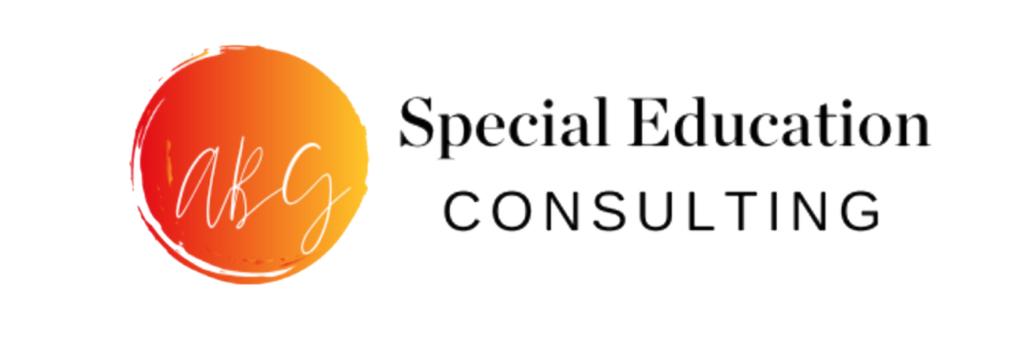Frequently Asked Questions about...
Special Education
Special education refers to individually tailored instructional programs and related services designed to meet the unique needs of students with disabilities. It ensures all students have access to an appropriate education that supports their academic, social, and emotional development.
Students who have been identified with a disability that adversely affects their educational performance may qualify for special education services. Eligibility is determined through a formal evaluation process involving parents, educators, and specialists.
Special education services can include personalized instruction, accommodations, modifications to curriculum, assistive technology, speech-language therapy, occupational therapy, and more. These services are designed to help students access and make progress in the general education curriculum.
The IEP is a legal document that outlines a student's unique educational goals, the services and supports they will receive, and how progress will be measured. It is developed collaboratively by parents, educators, and other professionals to ensure the student's educational needs are met.
Parents and students have rights guaranteed by federal and state laws, including the right to participate in the IEP process, receive a free and appropriate public education (FAPE), access educational records, and request evaluations or dispute decisions through due process procedures.
Special education teachers are trained professionals who work directly with students with disabilities. They develop and implement individualized instructional strategies, assess student progress, collaborate with general education teachers and parents, and advocate for students' needs.
Early intervention refers to services provided to infants and toddlers with developmental delays or disabilities. These services are designed to support the child's development and may include therapies, family support, and educational activities delivered in natural environments such as the home or daycare.
A 504 Plan provides accommodations and supports to students with disabilities who do not require specialized instruction. It ensures they have equal access to educational opportunities. An Individualized Education Program (IEP), on the other hand, is specifically for students who require specialized instruction and outlines educational goals and services.
Inclusion refers to the practice of educating students with disabilities alongside their peers without disabilities in general education classrooms to the maximum extent appropriate. Research shows that inclusion can promote social skills, academic achievement, and self-esteem for students with disabilities while fostering understanding and acceptance among all students.
Parents can access a variety of resources, including parent training and information centers, advocacy organizations, support groups, and online forums. These resources provide guidance on understanding special education laws, preparing for IEP meetings, resolving disputes, and accessing community services and supports for their child.
ABG Special Education
ABG provides tailored support, advocacy, and resources for parents and caregivers of children with special needs. We offer professional development, coaching, and technical assistance to schools and educators.
We specialize in empowering children with special needs through personalized education plans and advocacy. Our team ensures every child receives the support and opportunities they deserve to thrive.
ABG is founded by Adriane Gay, a former special education teacher with over 15 years of experience. Our approach combines expertise in special education law with a deep commitment to individualized care and support.
You can contact us directly through our website or schedule a consultation. We'll work closely with you to understand your needs and create a personalized plan to support your child's educational journey.
Yes, we provide a range of resources, including workshops, guides, and tools designed to empower parents and educators in advocating for children with special needs.

